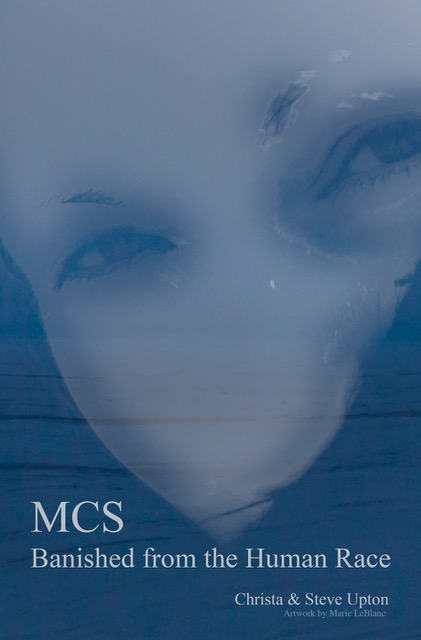A few years ago, I told you a story about when Nathan was a baby: http://www.blackhillspicturebooks.com/2014/11/13/amazing-true-story/
Then I got to thinking what that story had in common with some things I went through a number of years ago….
Apparently, many psychologists think (or used to think) that ignored or suppressed anger is behind the vast majority of psychological depressions (Lynch 14). I have no doubt anger is behind some people’s depression. (Getting rid of anger can be difficult, too!!)
However, mine was not due to anger. (And no, I was not “denying” or suppressing anger.)
Here is probably why: I could not be angry because it never even occurred to me that that doctor had done something wrong to me (by falsely accusing me since he had no idea what was wrong with our baby, and by falsely judging my actions to be wrong).
My inborn personality and other things caused me to “revere authority,” almost to an extreme.
When that doctor blamed me and my husband for our son’s growth problem, some part of me believed him. This was probably exacerbated by the common misperception that “good things happen to good people; bad things happen to bad people.” Of course this is often true in some ways, and good deeds are warranted regardless, but bad things really do happen to good people. Sometimes even really bad things happen unjustly to really good people.
Anyhow, what is odd is that another part of me knew that our son’s problems were not our fault. I knew in my heart I had tried incredibly hard to overcome the troubles with his digestion, and in fact, I even knew that some of the choices we had made were exactly the right choices. Some part of me knew this doctor was wrong.
But yet, in my strange way of operating with people (that I am trying to overcome), the truth didn’t matter.
This is extremely startling for me to realize, given my passion for truth. Why did I set truth aside and react somewhat as if this doctor were correct? Why was “his truth” (which was actually false) “more important” to me than the actual truth? I’m not sure.
I often (very often) consider other people’s opinions to be of more value than my own. I hope that this leads to humility in operating my life. But it is dangerous to accept falsehood in the name of “humility”!!!!!
It’s taken me over 40 years to realize this. I should know better, because my wonderful Dad told me that after you’ve seriously considered someone else’s opinion and come to the conclusion that it is wrong, it is okay to not consider it again.
So what actually caused my depression? It took me 15 years to figure it out, but I think I have the answer.
Continued next post…. (Yes, I’m going to be really mean and make you wait for the answer. 🙂 Especially because I’ve hit the “maximum ideal” word length for a post according to the gurus. LOL)
Work cited: Lynch, Dr. Chuck. I Should Forgive, But…. Kansas City: Dr. Charles Lynch. 1998. Print.
Christa Upton Black Hills Picture Books Edgemont, SD 57735
Related Images:
Like this:
Like Loading...

